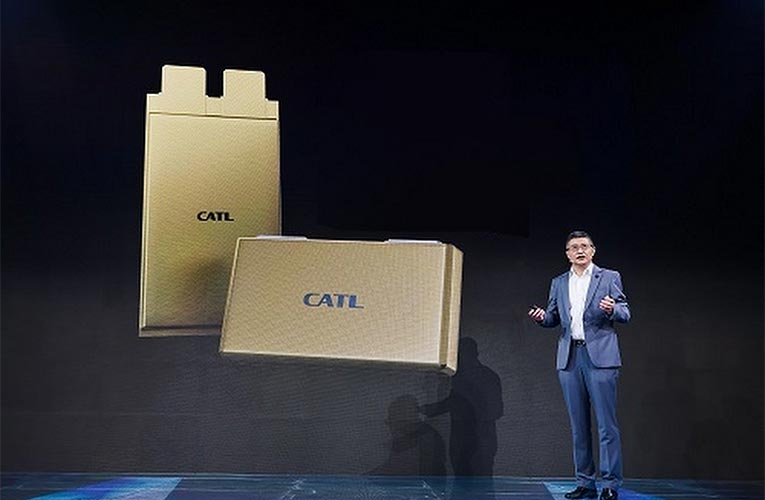
China's leading battery manufacturer, CATL, has unveiled its latest battery technology at the Auto Shanghai event held earlier this week. The company's new condensed battery boasts an impressive energy density of up to 500 Wh/kg, while still maintaining a high level of safety. This innovative technology opens up the doorways of opportunities for the passenger aircraft, which has been a challenge for the industry for a long time.
CATL's condensed battery tackles the challenge of high-energy density materials that result from electrochemical reactions. The technology uses biomimetic electrolytes in a micron-level self-adaptive net structure that adjusts interactive forces between chains, improving cell conductivity and lithium-ion transport efficiency while boosting microstructure stability. The battery also incorporates innovative anode materials, separators, cathode materials, and manufacturing processes, offering superior performance and safety. According to Wu Kai, the chief scientist, the company's extensive technology roadmap for batteries focuses on meeting customer requirements through the entire process from fundamental research to industrial application to large-scale commercialization. CATL has already launched a sodium-ion battery with an energy density of 160 Wh/kg, which has been integrated into Chery Automobiles. They have also unveiled the Qilin battery, the world's highest integration efficiency, and have already started mass production for use in high-end BEVs like AITO, Li Auto, and ZEEKR.
CATL is currently working with partners to develop electric passenger aircraft and practicing aviation-grade safety and quality requirements. The automotive-grade version of the condensed battery is expected to begin mass production this year. With the electrification of transportation extending from land to air, CATL's condensed battery could facilitate a new era of universal electrification, promoting the global goal of carbon neutrality.

